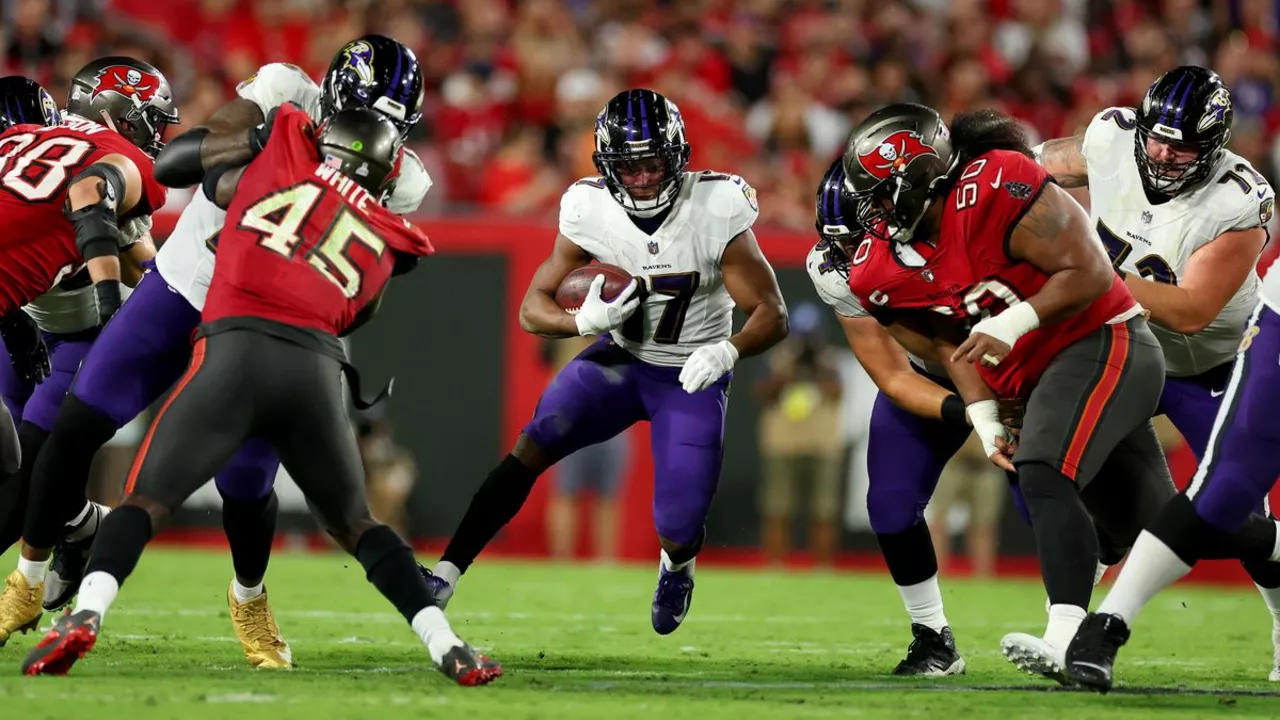Legality in Football – Rules, Betting and Player Rights Explained
If you’ve ever wondered how the law shapes the beautiful game, you’re not alone. From the moment a ball rolls onto the pitch to the instant a fan places a bet, legal rules are quietly at work. Understanding these rules helps you enjoy the sport safely and makes sure clubs and players stay on the right side of the law.
Betting and Gaming Rules
Betting on football is huge, but it’s not a free‑for‑all. In the UK, the Gambling Commission issues licences and monitors operators to protect punters. That means any site you use should display a licence number and a link to the Commission’s website. If a betting offer sounds too good to be true, it probably is – unlicensed operators can disappear with your money and don’t follow responsible‑gaming rules.
For clubs, there are strict limits on how they can promote betting. The Football Association (FA) says a club can only display betting adverts in designated areas and must not target children. Breaking these rules can lead to fines or even loss of sponsorship deals.
Player Contracts and Transfer Laws
Players sign contracts that spell out salaries, bonuses, and release clauses. These contracts are legally binding, so both sides must honour them unless there’s a breach. If a club tries to cut a player’s pay without cause, the player can take the case to a tribunal and potentially win compensation.
Transfers are another legal maze. The FIFA Regulations on the Transfer of Players dictate when and how a player can move between clubs, especially across borders. Every transfer needs a written agreement, a medical check, and a clear record of any fees paid. The English Premier League adds its own rules about financial fair play, meaning clubs can’t spend more than they earn over a set period.
Fans also have rights. Under the UK’s Equality Act, clubs must provide reasonable access for disabled supporters, and the FA requires clear anti‑racism policies. If a club fails to meet these standards, supporters can file complaints that may lead to investigations and penalties.
In short, legality touches every corner of football. Whether you’re placing a bet, signing a contract, or just watching a match, knowing the basic legal framework keeps the game fair and fun for everyone.
Is it legal for the NFL to fix its own games?
Jul, 12 2023
After digging into the legality of the NFL potentially fixing its own games, it's clear that this is a murky area. While it is not explicitly illegal, it does raise questions about ethics and fairness. The NFL, like any professional sports league, has a vested interest in ensuring games are competitive and entertaining. However, if they were to manipulate outcomes, it could seriously damage their credibility and fan trust. So, while not directly illegal, it's definitely a no-go area for the league.

